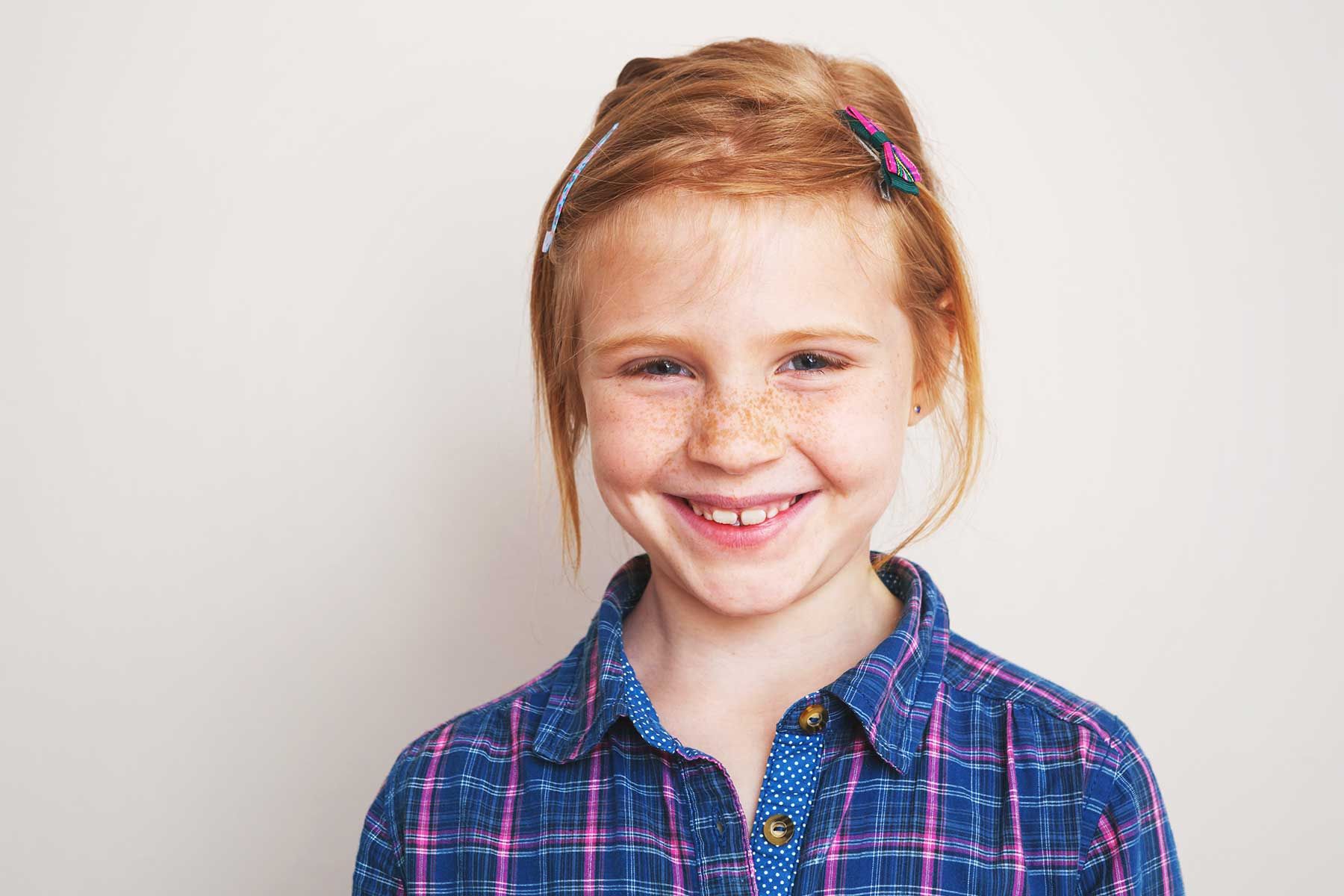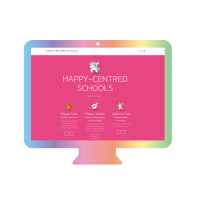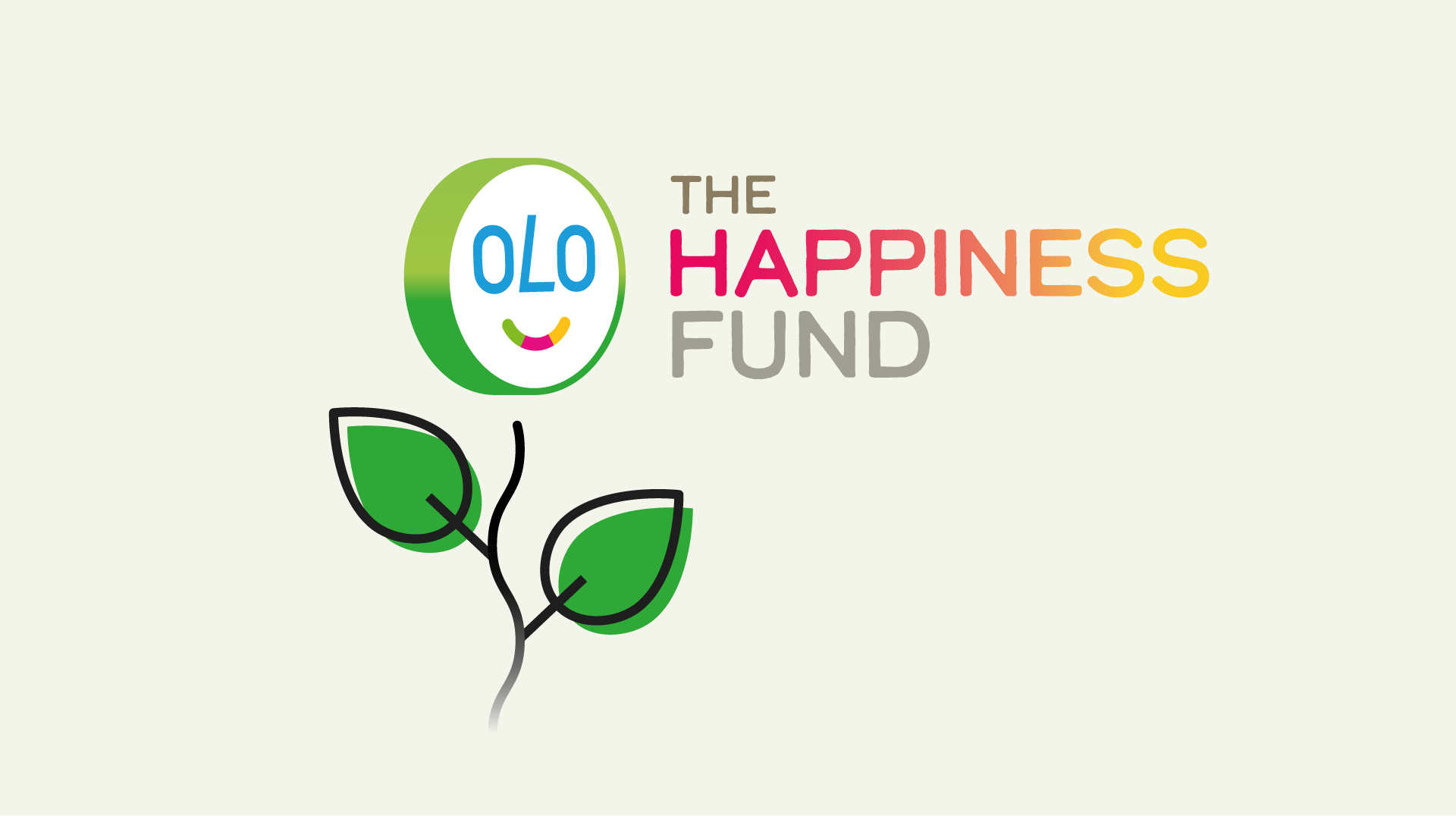Building Positive Relationships at Home

Building positive relationships at home can sometimes feel like a supremely difficult task. From siblings arguing over the tiniest things, to attempting to engage with your teenage child about anything, positivity often seems to fly out the window, along with your sanity. Even building a positive relationship with your spouse or partner can feel like an uphill battle at times.
But why are positive relationships important? Why should we make every effort to build them with those we live with? Other than the obvious reason of a more harmonious life, what are the real benefits for children? In this blog post we’ll give you some of our suggestions.
What exactly are positive relationships?
Now this might seem like a stupid question, but actually the phrase itself is fairly broad. Within it, there are many important aspects of good social skills, personal values and an awareness/understanding of others. As children move forward into an ever-changing world, these become an absolute necessity.
It’s easy to think that babies are born with the necessary skills and understanding to build relationships that have a positive effect on their lives. However, the truth is, children need support to build and develop these important skills as they go through their journey from baby to fully grown adult.
Our aim as parents must be to send out socially prepared, emotionally intelligent adults into the world. But before we can do that, we need to support and guide them to know exactly what that looks like.
How can I start?
As parents it can feel overwhelming to consider how best to support our children to build positive relationships. The best place to start is to consider your family’s values – what’s important to you as a group of people? What do you consider as non-negotiable standards to live by? Even the youngest children will have their views and opinions, so be sure to include them.
By sitting together and considering your values, you’ll all move forwards from the same starting point and begin singing from the same metaphorical hymn sheet. You’ll also enable your children to start considering their own personal values too – what will they accept and tolerate as an individual? How do they wish to be seen by others?
Once you’ve created your list of values, write them down and put them somewhere for all to see. These are the values you’ll all aim to live by. If the behaviour of a family member goes outside of these values, draw their attention back to the list and remind them of what’s important to you as a family. If they’ve been part of creating the list, they really can’t be surprised when you remind them of what’s on it!
As our understanding and knowledge of the world develops, our values change and evolve. Revisit your family values every so often and keep the children involved in the discussion. The relationships between you will only strengthen as a result.
What’s important to teach my child about positive relationships?
With many skills needed for positive relationships to be successful, it can be quite a complex area for parents to explore. Here are a few of our top tips to help.
Listening is as important as speaking
It might sound obvious, but sometimes children don’t realise that relationships are reciprocal. When they’re extremely young, relationships are definitely a one-way street; parents give a lot and, well frankly, toddlers take all of what’s on offer! They’re very dependent on us as parents, but as they navigate their way through childhood, it becomes increasingly important for two-way relationships to flourish.
From developing and refining their listening skills to effectively sharing their opinions and ideas, relationships become more complex as children become older. At pre-school age, most children are very capable of expressing their thoughts and emotions. It’s the listening to other people’s opinions that they find tricky. It’s our job to help them traverse through the listening landscape.
At home, model the listening skills you want your child to develop. Encourage them to listen to each other and to wait until someone has finished speaking before voicing their opinions or suggestions. When they talk to you, listen completely, with your whole body. Put your phone down, turn the television off and give them your full attention. Maintain eye contact. All of these behaviours will encourage your child to do the same with their peers and their friends.
Emotional intelligence is the way forward
A few years ago, Emotional Intelligence, a book by psychologist, Daniel Goleman, took the world by storm. Goleman argued that emotional intelligence, the ability to understand and empathise with others, was just as important as academic intelligence.
According to Goleman, there are four elements to effective emotional intelligence: self-awareness, self-regulation, empathy and social skills. By learning about and developing each area, children and adults are more likely to build successful, positive relationships with family, friends and their peers.
Goleman’s research shows that people tend to become more emotionally intelligent as they age and mature. Helping your child to understand each of the four elements as they get older will stand them in good stead for building positive relationships during their childhood, and on into adulthood too.
Supporting children with change
Change happens to all of us, whether we like it or not. One of the biggest changes happens as we grow and mature from children to adults – it’s that wonderful thing called puberty.
Now don’t run away. I know it might sound horrendous and our own memories of puberty might encourage us to start rocking gently in a corner, but it’s important to read on. Why? Because navigating their way through the uncertainty of puberty is a stressful experience for children and we need to maintain positive relationships to help them through it.
Physical changes can be alarming for children to experience – as well as for parents to see. Maintaining a positive relationship with your child during this time is really important. Resist the urge to make ‘funny’ comments about his hairy lip or her widening hips. Don’t imitate your son’s voice as it breaks or let siblings ping their sister’s bra strap. All of these can lead to a break down in relationships.
Instead, be there to listen if they want to talk. If they’re worried about the changes that are taking place, reassure them that it’s normal. Reassure them that you’re there to help. Reassure them that you love and care for them.
Ask them what you can do to help, rather than just assuming you know what they need. But don’t overwhelm them. Be led by them and only lend an ear when it’s needed or wanted.
Promote and model good personal hygiene during this period of time too. Explain to the children that by looking after ourselves, and our appearance, we build positive relationships with those around us. Oh, and get plenty of air freshener too…and maybe a couple of nose clips…
Understanding the world around them
Positive relationships begin in the home, but soon spread to all areas of life and the world around us.
Helping your child to develop a well-rounded view of the world is really important. Model acceptance and understanding of everyone you meet, encourage children to become aware of, and embrace, different relationships that exist in society. An understanding of freedom of choice and freedom of expression is paramount.
As they build different relationships with those around them, from the romantic to the platonic, support them in understanding what it means to be a good friend or partner. Be aware of relationships that they enter, be it face-to-face or online, and ensure that they remain a positive experience for all involved.
Giving them the necessary understanding of what a positive relationship is as they go through childhood will allow them to make the right decisions and choices about their relationships in their teenage years and beyond.
A Team Approach to Building Positive Relationships
Helping your child to build and develop these types of relationships doesn’t just rest with you. It truly is a team approach between home and school. I can hear your sigh of relief from here!
Your child’s school has a responsibility to ensure children understand the importance of positive relationships too. In fact, the government recently released their draft guidance as part of their 2020 education agenda.
As part of a school’s PSHE programme, like our HCS programme, lessons focus on supporting the children to learn the necessary skills to build successful relationships with those around them, both at home and at school. If parents and teachers can work together to support children as they develop these skills, we will be able to develop confident, well-rounded and emotionally intelligent children.
And that’s exactly what the world needs.
- Created on .












































